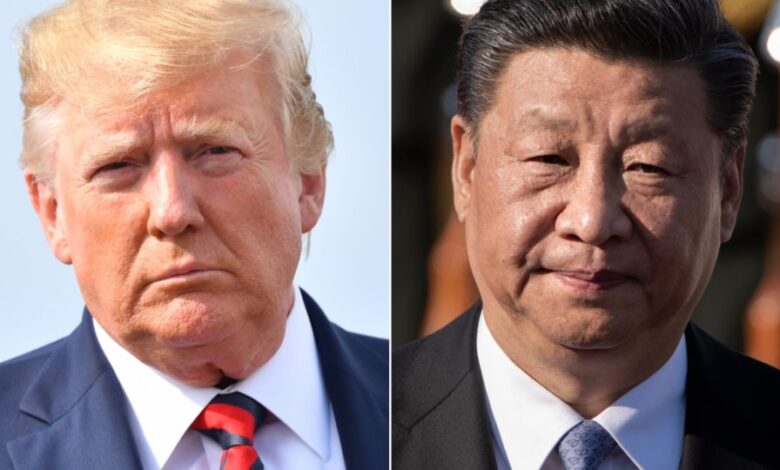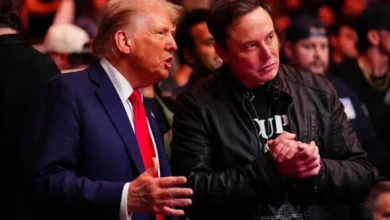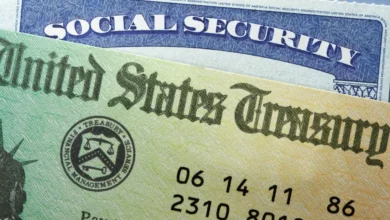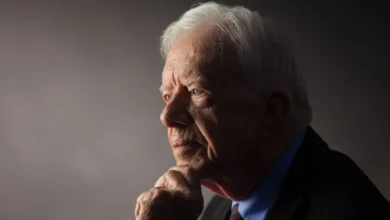
Trump’s Inauguration Invite to Xi: Diplomatic Strategy or Bold Gamble?
nexnews – On January 20, at the west front of the US Capitol, Donald Trump will once again take the oath of office. In a move as audacious as it is polarizing, Trump extended an invitation to Chinese President Xi Jinping, a leader whose country is viewed by many in Washington as an existential rival to US dominance.
Though Xi has officially declined the invitation, the gesture speaks volumes about Trump’s foreign policy style—bold, unpredictable, and often at odds with traditional diplomatic norms. Trump, known for his flair for grand gestures, seems intent on using his second term’s inauguration as a platform to project global power and challenge norms.
Why Xi’s Attendance Was Always Unlikely
Xi’s presence at the ceremony would have been a monumental diplomatic event but was always politically implausible. Accepting such an invitation could be seen as a symbolic submission to American dominance, a direct contradiction to Xi’s vision of China as a rising global superpower. Moreover, attending a US presidential inauguration—a cornerstone of democratic governance—clashes with Xi’s autocratic leadership style.
A Strategic Move Amid US-China Tensions
The invitation, even without Xi’s acceptance, underscores Trump’s complex strategy toward China. On the one hand, he has shaped a foreign policy team that is deeply hawkish on Beijing, signaling a tougher stance on issues like trade, Taiwan, and military tensions in the Pacific. On the other hand, the gesture reveals Trump’s belief in personal diplomacy and his confidence in his ability to sway even the staunchest adversaries.
“This invitation reflects Trump’s unpredictable nature and symbolic approach to diplomacy,” said Lily McElwee, a fellow at the Center for Strategic and International Studies. “It disrupts the tone of US-China relations without undermining American interests directly.”
A Precarious Balancing Act
The strained relationship between the US and China has been further complicated by Trump’s hardline rhetoric and tariff threats. While his administration views China as a strategic adversary, Trump has often oscillated between sharp criticism of Beijing’s economic practices and a desire for a personal rapport with Xi.
During his campaign, Trump repeatedly touted his friendship with Xi while accusing China of exploiting the US economically. This duality reflects the larger challenge of defining a consistent policy toward China: Should it lean on economic decoupling or leverage tariffs as negotiating tools for a new deal?
Beijing’s Calculated Response
China, meanwhile, has taken a measured but assertive approach, signaling readiness for economic retaliation. Recent moves, such as launching antitrust investigations into US companies and restricting rare mineral exports, highlight Beijing’s willingness to defend its interests in the face of US pressure.
Despite these tensions, Trump’s bold invitation may be an opening move in what could become a defining geopolitical chess match of his second term. Whether it represents a calculated strategy or another unpredictable gamble, it ensures that the US-China relationship will remain at the center of global attention.





